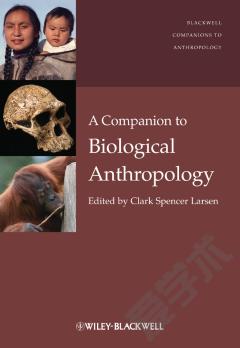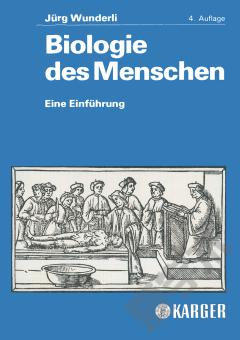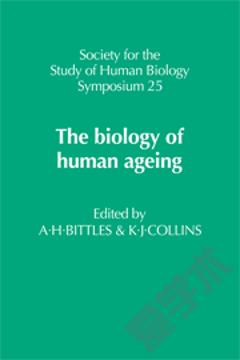Applications of Biological Anthropology to Human Affairs
The unique contribution made by biological anthropology to human welfare lies in the fundamental understanding it can provide of the dynamic interrelationships between physical and social factors. By understanding these patterns, we can interpret the significance of variation in such measures of human well-being in terms of the incidence of disease and mortality rates. Topics covered include reproductive ecology and fertility, nutritional status in relation to health, and the effects of pollution on growth. In the later chapters, the concepts of physiological adaptation, and Darwinian fitness and its relation to individual physical fitness are explored.
{{comment.content}}








 京公网安备 11010802027623号
京公网安备 11010802027623号